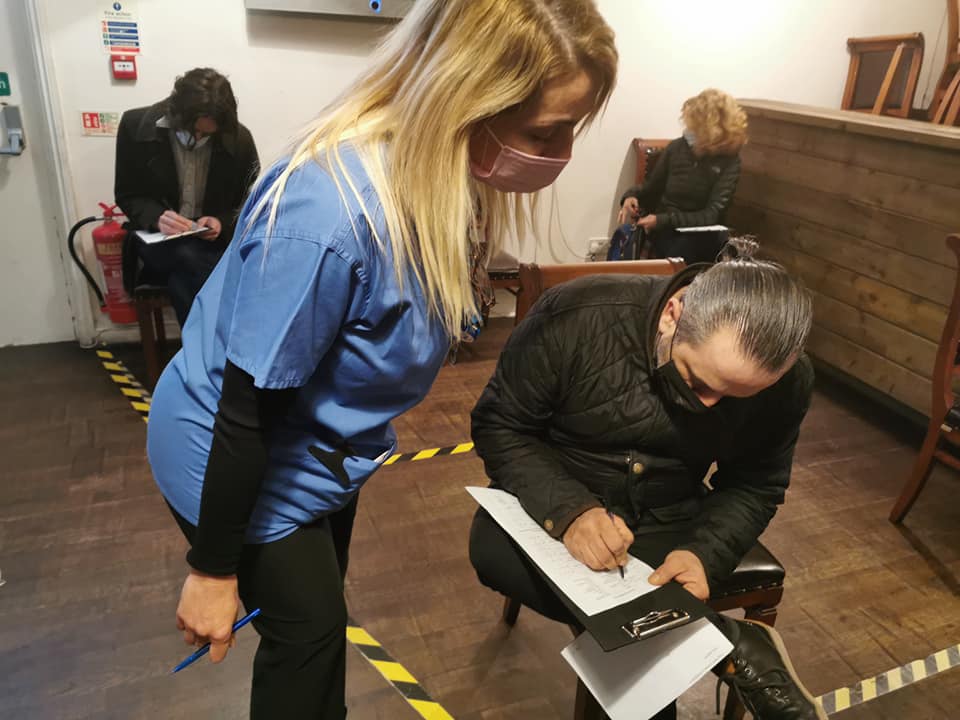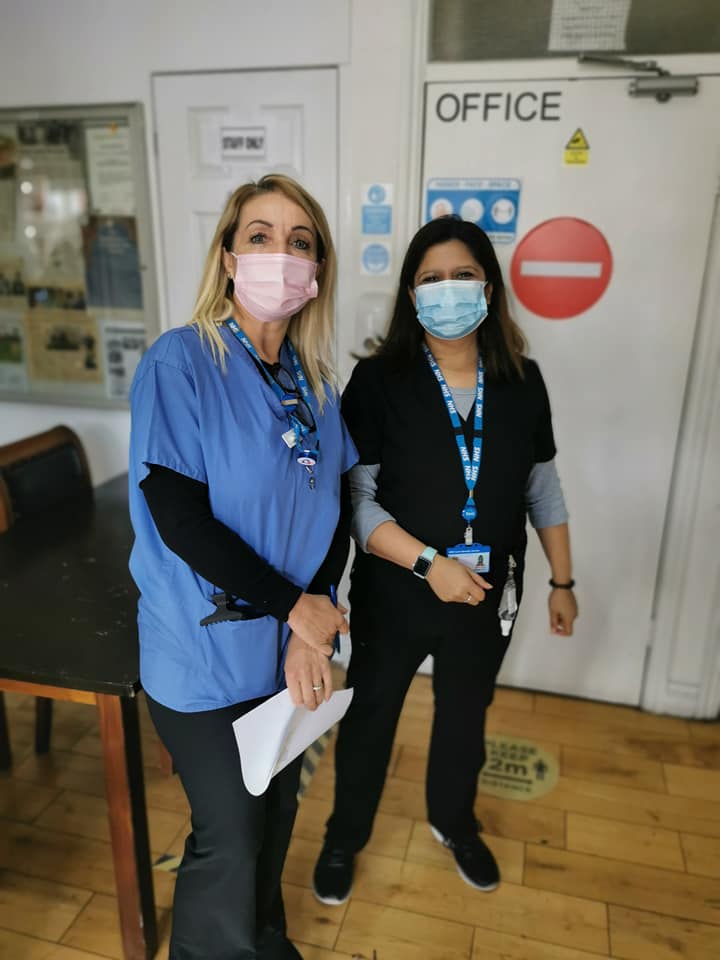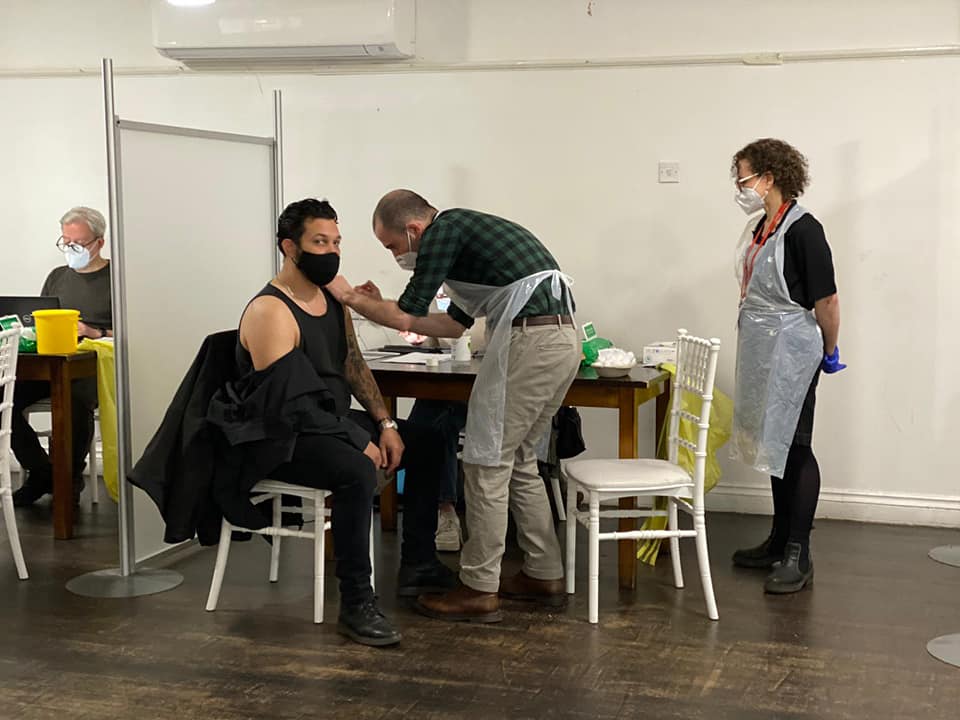Screening
The coronavirus (COVID-19) pandemic has delivered a profound shock to the UK. The measures to control the spread of the virus have reached deep into our lives, affecting people’s income, job security and social contacts – factors that are essential to healthy lives.
The public health workforce and local government have reshaped their work to contain the infection and protect the most vulnerable. Yet this is against a backdrop of successive years of real-terms budget reductions. The NHS has been radically mobilised to respond to the acute needs of people infected with the virus, at the same time as delivering scaled-back non-COVID-19 health care. Social care, weakened by years of declining real-terms public funding and rising demand, has been reeling from the impact of the virus, with many users and staff unprotected, fatally vulnerable and poorly accounted for in the official data until now.
Day to day, most eyes are drawn to the sharp end of the crisis: the rising toll of COVID-19 confirmed deaths and hospitalisations. But each week brings a steady release of more routine national sources of data, with a time lag of one month or more. These sources are not perfect – there are data blind spots in community services or social care in the home – but nevertheless they can start to illuminate the contours of the infection as it took hold from March onwards.
Health screen UK, in October 2020, put together a project concept that focusses on health and wellbeing during covid. The project targets BAMER members of the community living in Haringey and Enfield. Most of the work is oriented around the Turkish Speaking communities which represent the highest migrant community in those two boroughs and further it is the community that has been hardest hit, with periportally higher number of deaths.
Our Community Fund… Funded project aims to improve wellbeing and improve access to screening.
Wellbeing
Why does screening important for WELLBEING.
Screening is a way of identifying apparently healthy people who may have an increased risk of a particular condition. The NHS offers a range of screening tests to different sections of the population. The aim is to offer screening to the people who are most likely to benefit from it. For example, some screening tests are only offered to women or older people.

Screening results
If you have a higher-risk result (a screen positive result), it means you may have the condition that you’ve been tested for. At this point, you will be offered further tests (called diagnostic tests) to confirm if you have the condition. You can then be offered treatment, advice and support. Finding out about a problem early can mean that treatment is more effective. However, screening tests are not perfect and they can lead to difficult decisions about having further tests or treatment. Read on to find out about the benefits, risks and limitations of screening.
Here is a list of screening carried out.
Tests included:
- Personal medical history and lifestyle questionnaire.
- Height and weight measurements.
- Body Mass Index (BMI) calculation.
- Body fat percentage.
- Waist circumference.
- Hydration levels.
- Blood glucose test (diabetes risk Leicester tool)
- Cholesterol test
- TC
- HDL
- Analysis of nutritional status.
- Blood pressure.
- Heartbeat.
- Understanding your Lifestyle Health Assessment.
- Risk of cardio disease.

Outline of Test:
CHECK STRESS LEVELS
We all feel stress from time to time. However the volume, frequency and how we manage this stress is key to our health and wellbeing. During the Health Assessment, and from your pre-assessment questionnaire, we will assess your psychological stress levels and then using cutting edge technology, we will measure your physiological response to stressors and cognitive performance. We will then discuss techniques to help you respond better during stressful situations to improve your emotional wellbeing.
CHECK DIET AND NUTRITION
We’re constantly told what we should eat, but what’s right for you, personally? Using our innovative and engaging dietary analysis based on the clinically validated Mediterranean diet, we will provide you with a detailed assessment of your nutritional habits so you can understand the key strengths and weaknesses of your diet and know what changes need to be made.
CHECK DIABETES
Over half a million people in the UK have diabetes without knowing it. We will look for risk factors by measuring your blood glucose (sugar) level and analysing your urine. Our clinicians will then discuss your results and help you manage your blood sugar levels through exercise, nutrition and other lifestyle changes to reduce your risk of developing diabetes in the future.


CHECK CHOLESTEROL
Your heart is your body’s most vital organ, so make it healthier with a few simple checks. Our blood test will assess your cholesterol level, whilst our clinicians will work with you to help lower your risk of cardiovascular disease by implementing healthier behaviours.
CHECK POSTURE
Back pain is very common and is estimated to affect up to 7 out of 10 of us at some point in our lifetime. How you treat your back can determine whether you will have to live with long-term pain. We will assess your posture and help you make positive changes to your work and home routine to avoid back pain.
CHECK FITNESS
Using your test results and our discussions with you, we will assess your fitness levels. You’ll then have a coaching session with your Physiologist to help you identify any changes you need to make to your diet, exercise levels and lifestyle.
CHECK LIFESTYLE GOALS
It’s no good having a list of test results without the knowledge and motivation to make lifestyle changes. Your Physiologist will give you a one to one coaching session and will make sure you leave with a lifestyle programme to suit you.
